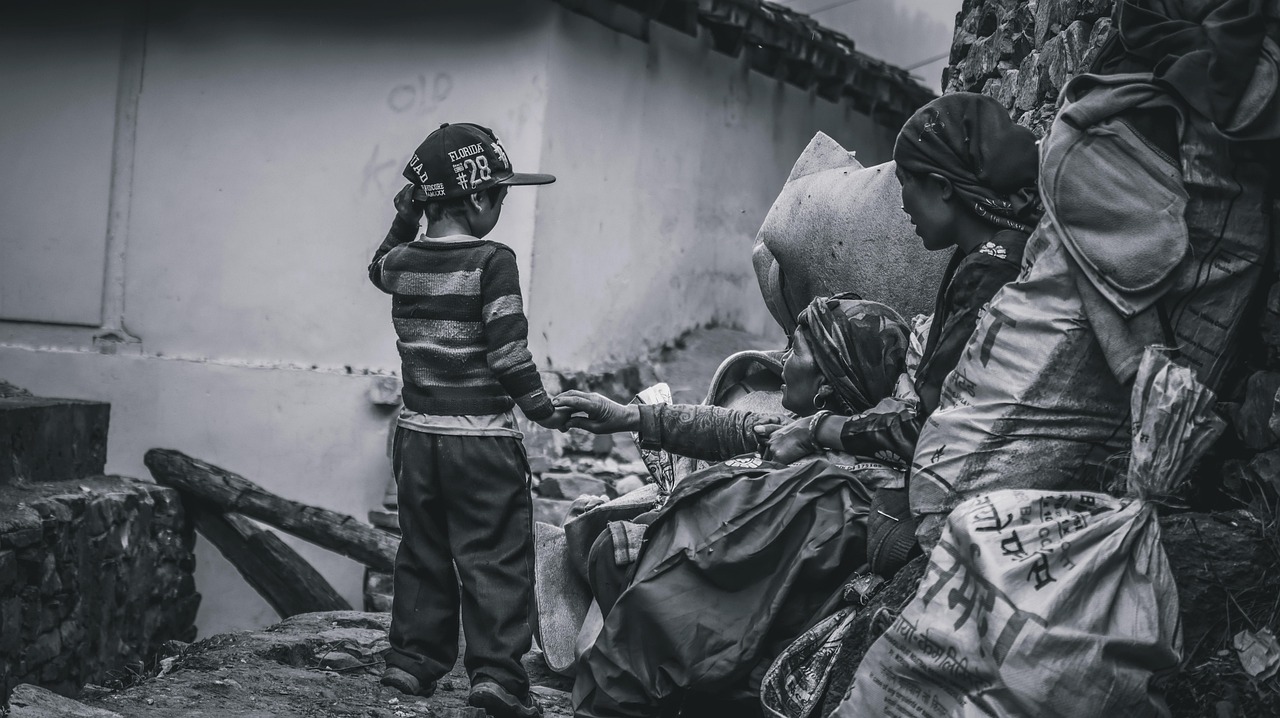Context and Issue
Accelerated Education Programs (AEPs) strive to offer adaptable and age-relevant learning chances in a condensed structure to furnish students with comparable, officially recognized skills for primary education, employing teaching and learning methods appropriate to their cognitive development stage. Basic education encompasses primary and secondary education or the initial eight years of formal schooling. AEPs are designed to assist older, out-of-school children transition into formal education systems.
Solution
Never Too Late to Learn' was implemented to enhance the availability of high-quality and secure primary education for displaced and refugee children who had never been enrolled in school or had experienced extended interruptions in their education. It focuses explicitly on Burundian refugee children in Tanzania, as well as internally displaced (IDP) and returning children in the Democratic Republic of Congo (DRC). Additionally, to promote the inclusion of displaced children, the DRC and Tanzania programs offer learning opportunities to vulnerable children from the local host communities.
Impact
Transitioning from Accelerated Education Programs (AEPs) to formal schools often subjects learners to social stigma due to the perception of AEPs being associated with low socio-economic status and academic abilities. Similar experiential patterns were observed due to the implementation of this solution in Tanzania. However, holistically, the program illustrated an improvement in the social and emotional well-being of the children in Tanzania.












